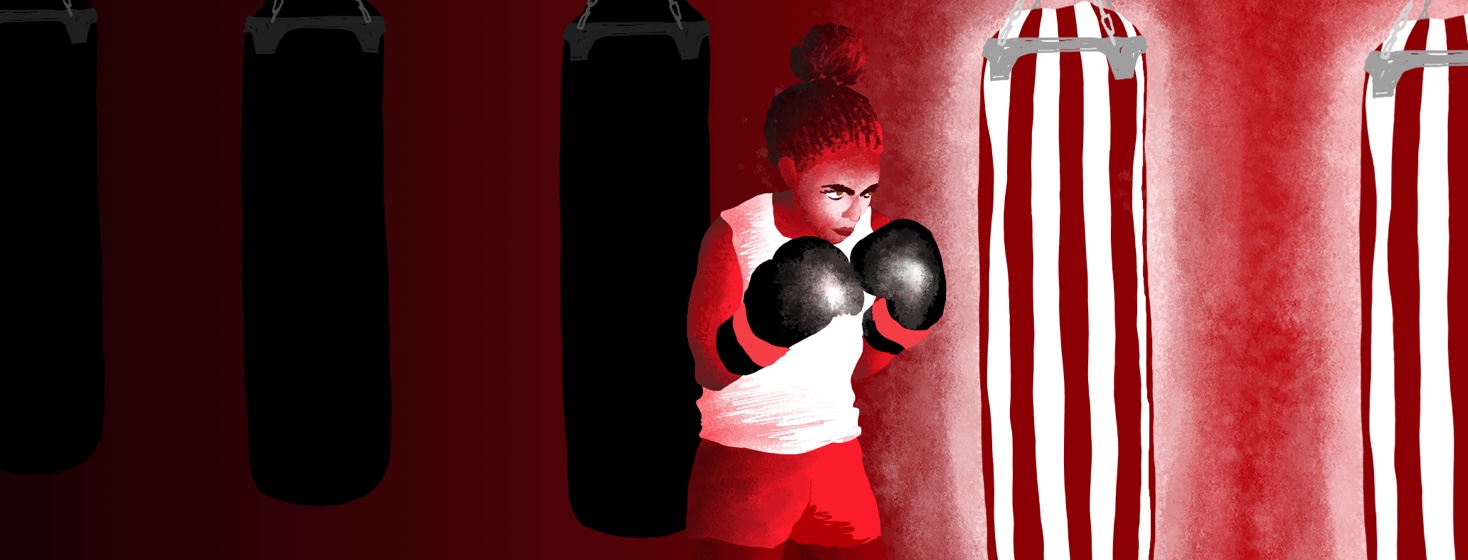Grit: The Power of Passion and Perseverance
Grit was published in 2016 by Angela Duckworth and I vividly remember watching her Ted Talk, which I would highly recommend! I recently heard Kate Bowler on her podcast, "Everything Happens", interview the author and I downloaded the book immediately. You should definitely do yourself a favor and listen to the interview! The author is incredibly articulate and has immersed herself in this concept of "grit", in her personal and professional life.
Grit, the book, is extremely accessible and written in clear plain language, which is not always the case with books that attempt to describe a concept that defies easy definition. The author talks about her life and her own experiences, which does help with the accessibility of the language and how the book is organized. After all, hearing a story is much preferable to someone just listing concepts.
Applying grit to terminal cancer
As I read Grit, I thought about, as I often do, how this concept could apply to those of us living with terminal cancer. You see, I think it takes a lot of grit or resilience, or whatever other words you want to throw in there, to live with any terminal disease. If we didn't have something, then the exercise in futility of attempting to treat incurable cancer and frantically stay ahead of the rapidly mutating cancer cells, would be more overwhelming than it already is.
One of the themes of Grit is the concept that we have, in the US, a naturalness bias. The author explains it this way:
"The “naturalness bias” is a hidden prejudice against those who’ve achieved what they have because they worked for it, and a hidden preference for those whom we think arrived at their place in life because they’re naturally talented. We may not admit to others this bias for naturals; we may not even admit it to ourselves. But the bias is evident in the choices we make."
This is a fascinating idea to me and, as applied to cancer, even more ridiculous than in the general population. Is anyone naturally talented at dealing with cancer? Frankly, I think the answer is a resounding no. But, as the author later says: "In other words, mythologizing natural talent lets us all off the hook." If the only people who are successful are those who are naturally talented, then the rest of us don't have to work as hard.
Achievement
The author suggests that an achievement is the result of two equations and effort counts twice. The first equation is: talent x effort = skill; then, skill x effort = achievement.
Talent helps at the beginning and maybe demonstrated in someone who is able to catch on to a new task or concept quickly. However, over time, it is clear that the person who puts in the effort, day after day, year after year, is the one who comes out better in the end. As Woody Allen famously said: "Eighty percent of success in life is showing up."
Nature vs. nurture arguement?
The author explores the tricky nature v. nurture arguments as far as where grit comes from, but comes to the conclusion that not only does grit come from both genetics and experience, she also concludes that grit can change over time. There are some trends that seem to indicate that grit grows over time and that it can be influenced generationally.
But what if you want to develop grit in your life? The author suggests that the pattern of developing grit follows these four principles:
- Interest (a source of passion) - the idea that if you love what you do, then you'll never work a day in your life;
- Deliberate practice - the people who are successful spend countless hours perfecting their craft, voluntarily;
- Purpose (a source of passion) - the intention to contribute to the well-being of others;
- Hope - I resolve to make tomorrow better.
The author has a lot of scientific data and she applies this concept to a variety of situations, she even has a great chapter on parenting and the influence everyone can have on the next generation. She doesn't talk specifically about the experience of living with terminal cancer, yet the concepts leapt off the page for me and I found myself agreeing with so much of what she wrote.
I'm definitely not the smartest person in my family or in my profession. Some things do absolutely come easy to me and I do think quickly on my feet, which I would definitely label a skill at this point in my life.
I've been telling people for years that my superpower is being stubborn
Frankly, when someone tells me no, that makes me want to do it more. If there are roadblocks, my first instinct is to smash them or, if that's not successful, find a way around or over or under it. This stubbornness or grit is what got me through law school, through a first short marriage and a divorce, through venturing into the dating scene as a young professional, through struggling with a very social profession while being an introvert, through running my own law firm, through balancing parenting and working and it is the thing that gets me up in the morning every day to live while dying.
What helps you get through the day?
Does this concept of Grit intrigue you?
Do you feel you are especially gritty or resilient? Why or why not?

Join the conversation